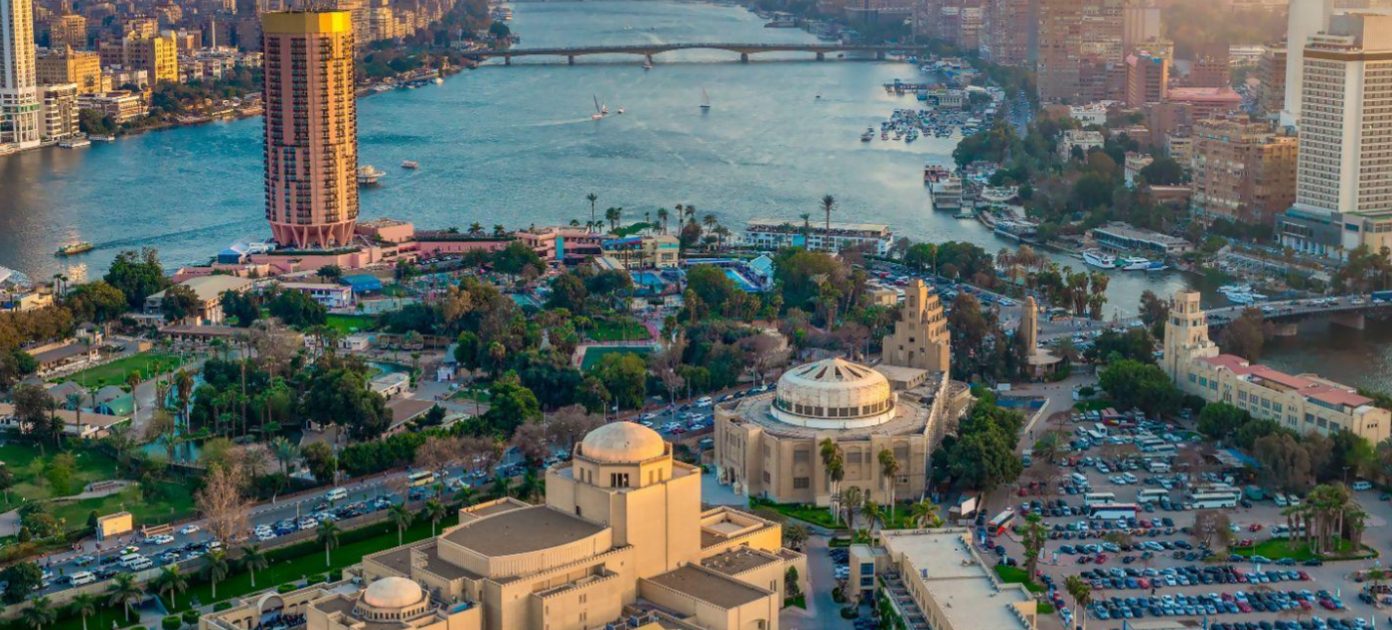The re-shaping of Africa’s capital markets


Although competition is normally synonymous with efficiency, this does not necessarily correspond with CSDs (central securities depositories) operating in individual frontier or emerging markets. Right now, a number of African economies – including Kenya, Ghana, Nigeria and Zimbabwe – have more than one CSD in their local market. In such instances, there will often be a CSD settling conventional equities in addition to a CSD located within the country’s Central Bank responsible for government debt or securities. “Network managers have repeatedly said that the existence of more than one CSD in individual markets is not ideal from either an administrative or cost perspective. The question is whether it is sensible to have multiple CSDs in frontier markets, and if competition should be encouraged,” notes Michelle Swanepoel, Head of Africa Financing and Securities Services at Standard Chartered.
Executives from the continent’s leading CSDs expressed almost unanimous opposition to the idea of having multiple CSDs in individual markets. “FMIs are like bridges insofar as you should not keep building bridges over the same river. What is the purpose of having multiple channels for the same situation? To me, the introduction of additional CSDs into local markets creates problems around interoperability and sows confusion among investors and issuers alike,” according to one African CSD. The existence of multiple CSDs in smaller markets exacerbates fragmentation and harms liquidity, in contrast with major economies such as the US which only have one CSD -namely the DTCC.
Despite these concerns, African economies are learning from their past errors, especially as it relates to making sudden, market-changing regulatory announcements without forewarning. Nothing epitomises this more than events in Uganda back in 2015, when the regulator sent shockwaves through the global banking community after it announced on a Friday that it would transition from a T+5 settlement cycle to T+3 commencing the following Monday. This caused panic among global custodians and broker dealers, many of whom were conscious their local service providers did not have the technology or infrastructure in place to support T+3. Although Uganda’s adoption of T+3 was ultimately delayed following widespread industry pressure, it exposed a worrying lack of communication between regulators and the market.
Lessons from Uganda’s ill-managed settlement cycle transition have, however, been onboarded by regulators elsewhere in Africa. As major markets including the US, India and Canada gradually transition to a T+1 settlement cycle for equities from the current T+2 model, FMIs in Africa stress that any future changes to settlement cycles in the region will be carried out carefully and in full consultation with the wider international investor community. Zimbabwe, for example, is looking at shortening its settlement cycle to T+2 from T+3, but FMIs in the country say the process will be done slowly and methodically. Such pragmatism is likely to be reassuring for global custodians and brokers – along with their clients.
African CSDs are also embracing digitalisation as they look to future proof their businesses and attract inward investment into the local markets. They are doing this through the development of APIs (application programming interfaces), chatbots and mobile apps – all of which are designed to make it easier and more enjoyable for investors – including retail – to access and trade the local markets. While DLT (distributed ledger technology) or Blockchain could potentially unlock a number of untapped opportunities in post-trade (i.e. through the facilitation of a golden source of truth; atomic settlement, enhanced transparency, etc.), local CSDs are divided about its merits, highlighting the technology has yet to yield any tangible benefits. Some argue that obtaining a golden source of truth is feasible already, especially if securities are registered at the beneficial owner level at the CSD. Accordingly, a number of FMIs – while experimenting with DLT – are yet to be convinced by its merits.
Together with the CSDs, the region’s stock exchanges are also driving ahead with positive and ambitious reforms designed to promote international investment. Cross-border initiatives to stimulate trading and liquidity in African capital markets are making excellent progress. Proponents behind the eagerly anticipated African Exchanges Linkage Project (AELP) – a flagship connectivity initiative comprising of Casablanca Stock Exchange, The Egyptian Exchange, Johannesburg Stock Exchange, Nairobi Securities Exchange, Nigerian Exchange, Stock Exchange of Mauritius and Bourse Régionale des Valeurs Mobilières (a stock exchange for the West African Economic and Monetary Union’s eight West African countries) – recently signed a contract to procure an order-routing system.
In short, the AELP will enable an investor in – say Kenya – to trade securities in Nigeria or Mauritius through a single broker and trading platform. In addition to facilitating easier cross-border trading, the AELP will also promote cross-border listings potentially boosting liquidity further – acting as a means in helping African markets recover from the pandemic. While previous initiatives to integrate African markets have stalled (e.g. the EAC’s Capital Markets Integration), the securities industry is quietly optimistic that the AELP will succeed where others failed.
In a global macro environment tarred by low yields and inflationary risk, investors are seeking out esoteric returns, including in some of the frontier and developing African markets. Although the region does have its own unique challenges – most notably some inefficiencies evidenced in areas like multiple CSDs at a local market level – there are reasons for optimism. Along with pursuing a policy of digitalisation, many of these markets are also enthusiastically backing regional connectivity schemes in what should help shore up liquidity. This can only but cement Africa’s already growing reputation among global investors.
This article is based on themes discussed on a panel discussion moderated by Michelle Swanepoel, Managing Director, Head of Africa, Financing and Securities Services, Standard Chartered at The Network Forum Africa Meeting 2022.

The best is yet to come in emerging and frontier securities services markets. We’re ready to help.

Turning expertise into actionable insights. Explore our views on what to watch out for.